Coronavirus: New York forced to redistribute ventilators
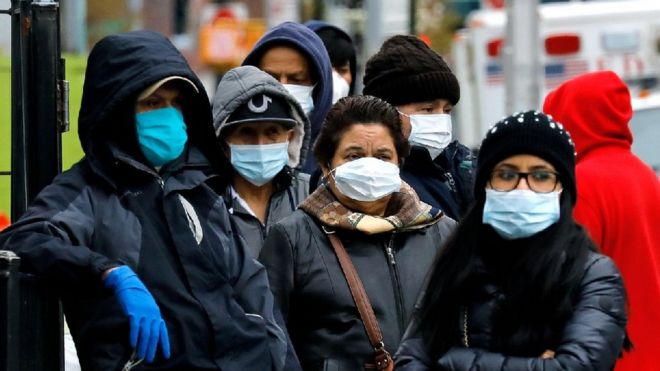 EPA
EPA
Ventilators will be taken from certain New York hospitals and redistributed to the worst-hit parts of the state under an order to be signed by Governor Andrew Cuomo.
New York saw its highest single-day increase in deaths, up by 562 to 2,935 - nearly half of all virus-related US deaths recorded yesterday.
The White House may advise those in virus hotspots to wear face coverings in public to help stem the spread.
The US now has 245,658 Covid-19 cases.
A shortage of several hundred ventilators in New York City, the epicentre of the outbreak in the US, prompted Mr Cuomo to say that he will order the machines be taken from various parts of the state and give them to harder-hit areas.
Amid a deepening crisis, top health official Dr Anthony Fauci has said he believes all states should issue stay-at-home orders.
"I don't understand why that's not happening," Dr Fauci told CNN on Thursday. "If you look at what's going on in this country, I just don't understand why we're not doing that."
"You've got to put your foot on the accelerator to bring that number down," he added, referring to infection and death rates.
- Should more of us wear face masks?
- Why some countries wear face masks and others don't
- Coronavirus: Are homemade face masks safe?
The comments from Dr Fauci, who heads the National Institute of Allergy and Infectious Diseases, appeared to contradict those of President Trump, who has consistently dismissed the notion of a nationwide lockdown.
"It's awfully tough to say, 'close it down.' We have to have a little bit of flexibility," Mr Trump said on Wednesday.
What's happening in New York?
New York state remains the epicentre of the US coronavirus outbreak with at least 102,863 positive cases.
The more than 500 person spike in deaths state-wide over the past day is more than half of that reported in a single day in both Spain and Italy, the countries with greatest fatalities.
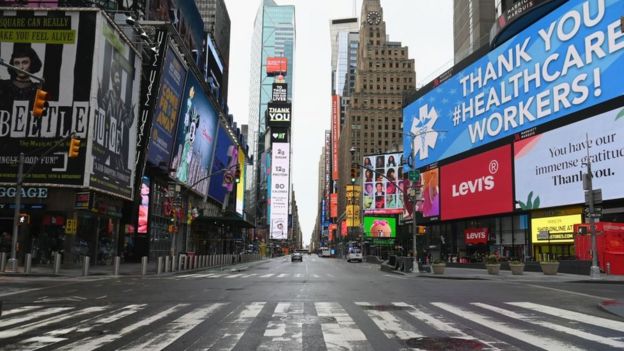 GETTY IMAGES
GETTY IMAGES
New York City is the worst-hit area of the state, with 1,562 deaths, would die unnecessarily because of a lack of equipment in the areas most devastated by the outbreak.
The governor said he would deploy the National Guard to enforce a new executive order giving the state authority to take and redistribute ventilators from hospitals and other healthcare institutions to facilities in parts of the state most urgently in need.
These institutions will either receive their supplies back or be reimbursed, he said.
"I'm not going to let people die," Mr Cuomo said of the order.
Mr Cuomo said this week that New York will need nearly 37,000 ventilators for the "apex" of the state's outbreak, expected to hit at the end of April. Bill de Blasio, the New York City mayor, said the metropolis needs 400 additional ventilators by Sunday.
What's the debate over masks?
Both the US Centers for Disease Control (CDC) and the World Health Organization (WHO) are reassessing their guidance on face masks, as experts race to find ways to fight the highly contagious virus.
Covid-19 is carried in airborne droplets from people coughing or sneezing, but there is some dispute over how far people should distance themselves from each other, and whether masks are useful when used by the public.
The WHO advises that ordinary face masks are only effective if combined with careful hand-washing and social-distancing, and so far it does not recommend them generally for healthy people.
However, more and more health experts now say there are benefits. They argue that the public use of masks can primarily help by preventing asymptomatic patients - people who have been infected with Covid-19 but are not aware, and not displaying any symptoms - from unknowingly spreading the virus to others.
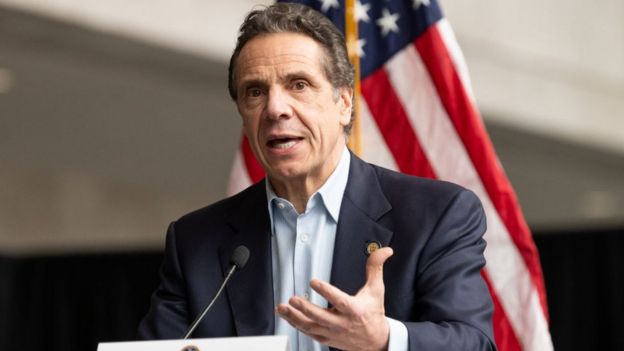 GETTY IMAGES
GETTY IMAGES
Masks may also help lower the risk of individuals catching the virus through the droplets from another person's sneeze or a cough - and people can be taught how put masks on and take them off correctly, they argue.
On Thursday New York mayor Bill de Blasio urged all New Yorkers to cover their faces when outside and near others, but not to use surgical masks, which are in short supply.
"It could be a scarf. It could be something you create yourself at home. It could be a bandana," he said.
Governor Cuomo weighed in on Friday, saying "I think it's fair to say that the masks couldn't hurt unless they gave you a false sense of security."
Meanwhile, residents in Laredo, Texas will now face a $1,000 (£816) fine if they fail to cover their noses and mouths while outside, after city officials issued an emergency ordinance to its approximately 250,000 residents this week.
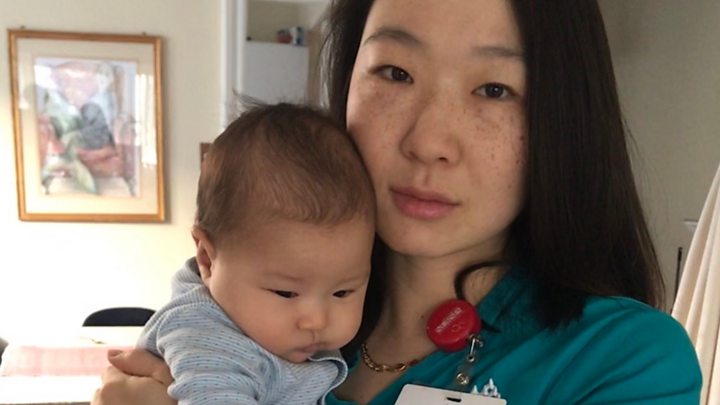
Dr Deborah Birx, one of President Trump's coronavirus advisers, expressed caution about general mask-wearing. "We don't want people to get an artificial sense of protection," she said. "They're an additive."
There is also disagreement among experts over the benefits of using cloth masks. European advisers say reusable cloth masks are not recommended and may even increase the chance of infection.
Which states are not in lockdown?
At least 297 million Americans in 38 states, the District of Columbia and Puerto Rico have been told to stay home. But the governors of 10 states have so far stopped short of asking all residents to remain indoors.
North Dakota, South Dakota, Arkansas, Iowa and Nebraska so far have no state-wide order urging people inside. "A targeted approach is what is working for us in Arkansas," said Governor Asa Hutchinson this week. "People are misled by this idea that this stay at home order is magical."
Iowa Governor Kim Reynolds has argued: "I can't lock the state down... I can't lock everybody in their home."
Other states have left the decision to local officials while still refraining from any state-wide action. Residents in parts of Alabama, Missouri, Oklahoma, South Carolina, Texas, Utah and Wyoming face some degree of stay home orders, issued by local authorities.
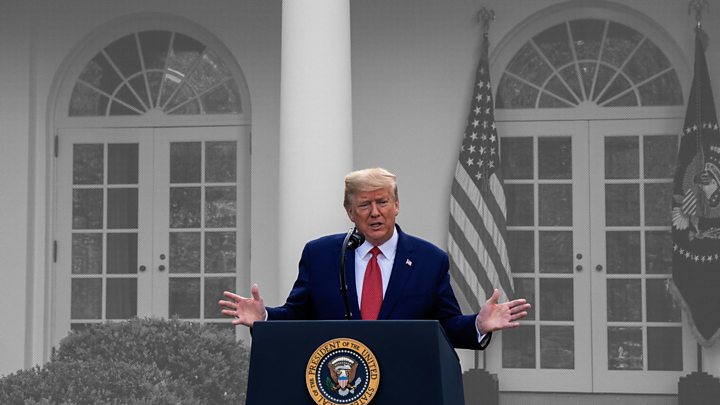
"Our state is so diverse, every segment of the state is different," said Missouri Governor Mike Parsons this week, defending his reticence to take such action. "It's very difficult sometimes to just put a blanket order in place."
"Y'all, we are not California," said Alabama Governor Kay Ivey to reporters. " We're not New York, we aren't even in Louisiana."
How serious is the pandemic in the US?
In global terms the US has the most Covid-19 cases - more than 245,000. And on Thursday the US authorities said more than 1,000 had died in the past 24 hours - the highest daily toll so far in the world.
Hospitals and morgues in New York are struggling to cope with the pandemic, and New York Governor Andrew Cuomo has warned that New York risks running out of ventilators for patients in six days.
An emergency field hospital now stands in Central Park, and another makeshift hospital is to be set up in the city's Javits Center, a conference venue.
The White House has ordered car firms to switch rapidly to ventilator production.

- A SIMPLE GUIDE: How do I protect myself?
- AVOIDING CONTACT: The rules on self-isolation and exercise
- LOOK-UP TOOL: Check cases in your area
- MAPS AND CHARTS: Visual guide to the outbreak
- VIDEO: The 20-second hand wash

More than a million cases of coronavirus have been registered globally, according to Johns Hopkins University.
Nearly 53,000 people have died and more than 210,000 have recovered.
In other developments:
- Spain's official death toll is 932 for the past 24 hours - just below Thursday's figure. Spain, with 10,932 deaths so far, is the worst-hit country after Italy for fatalities
- The commander of the USS Theodore Roosevelt was dismissed after saying the US Navy was not doing enough to halt a coronavirus outbreak on board the aircraft carrier
- The Zaandam cruise ship, with dozens of ill passengers on board, docked in Florida after several South American countries refused to accept it
- The World Bank approved a plan to disburse $160bn (£130bn) in emergency aid over 15 months to help countries stricken by the pandemic
- The French authorities have boosted police checks to prevent anyone trying to go on holiday this weekend ahead of Easter
- UK Health Secretary Matt Hancock has called for volunteers to take part in clinical trials for Covid-19 treatments
- A 4,000-bed emergency field hospital at London's ExCel centre has opened
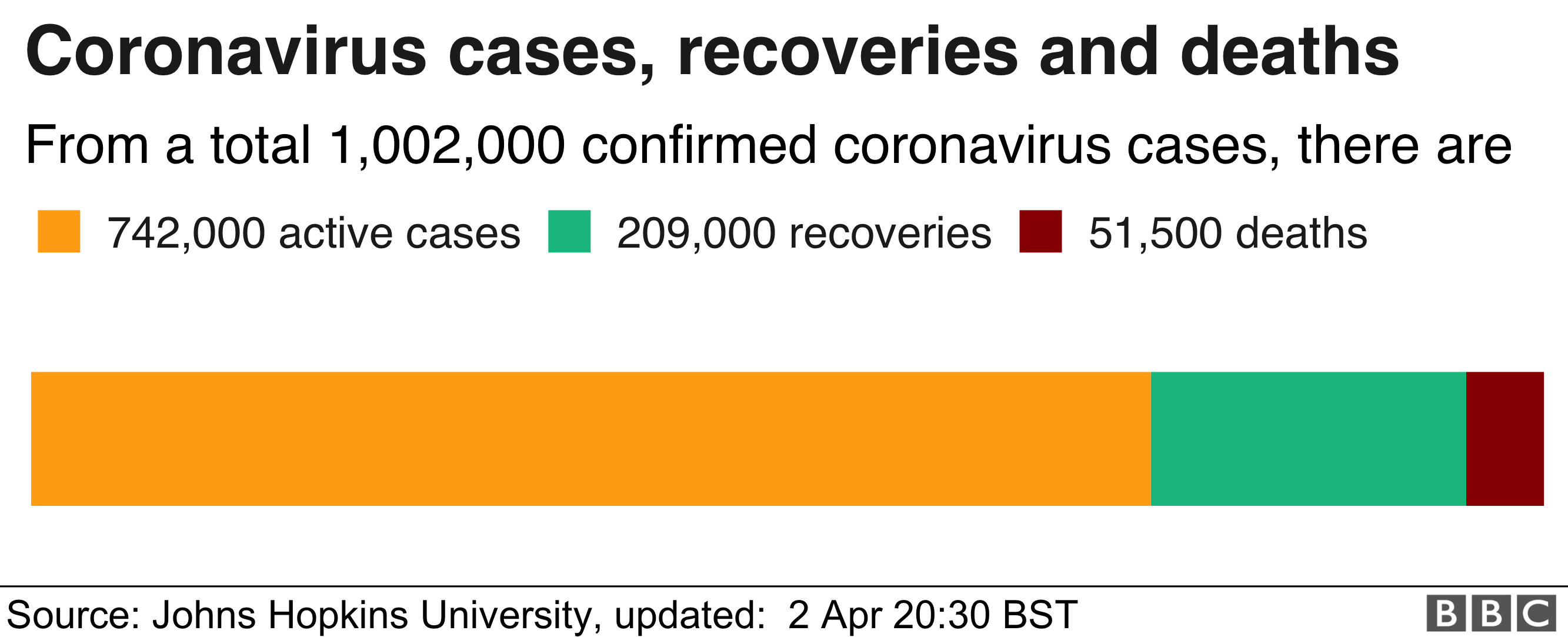
How have you been affected by the issues relating to coronavirus? Share your experiences by emailing haveyoursay@bbc.co.uk.
Please include a contact number if you are willing to speak to a BBC journalist. You can also contact us in the following ways:
- WhatsApp: +44 7756 165803
- Tweet: @BBC_HaveYourSay
- Send pictures/video to yourpics@bbc.co.uk
- Upload your pictures / video here
- Please read our terms & conditions and privacy policy
Or use the form below
US & Canada
Coronavirus halts a decade of US jobs growth
- 3 April 2020
- Business
Lean On Me singer Bill Withers dies at 81
- 3 April 2020
- US & Canada

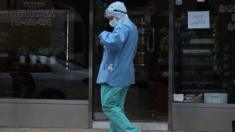
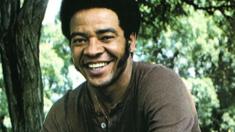

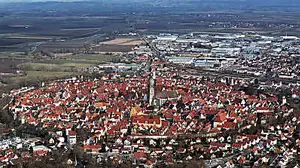


No comments:
Post a Comment